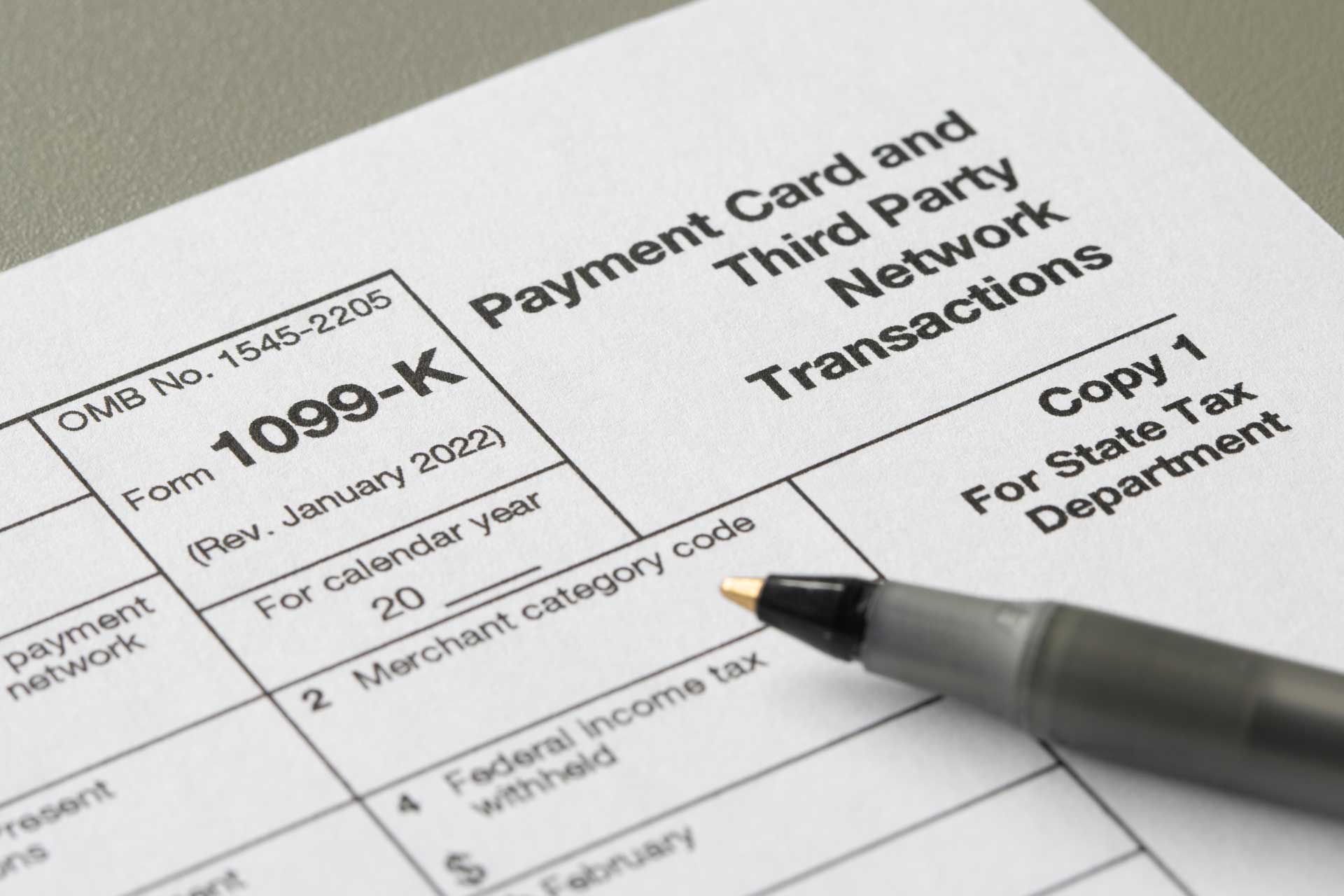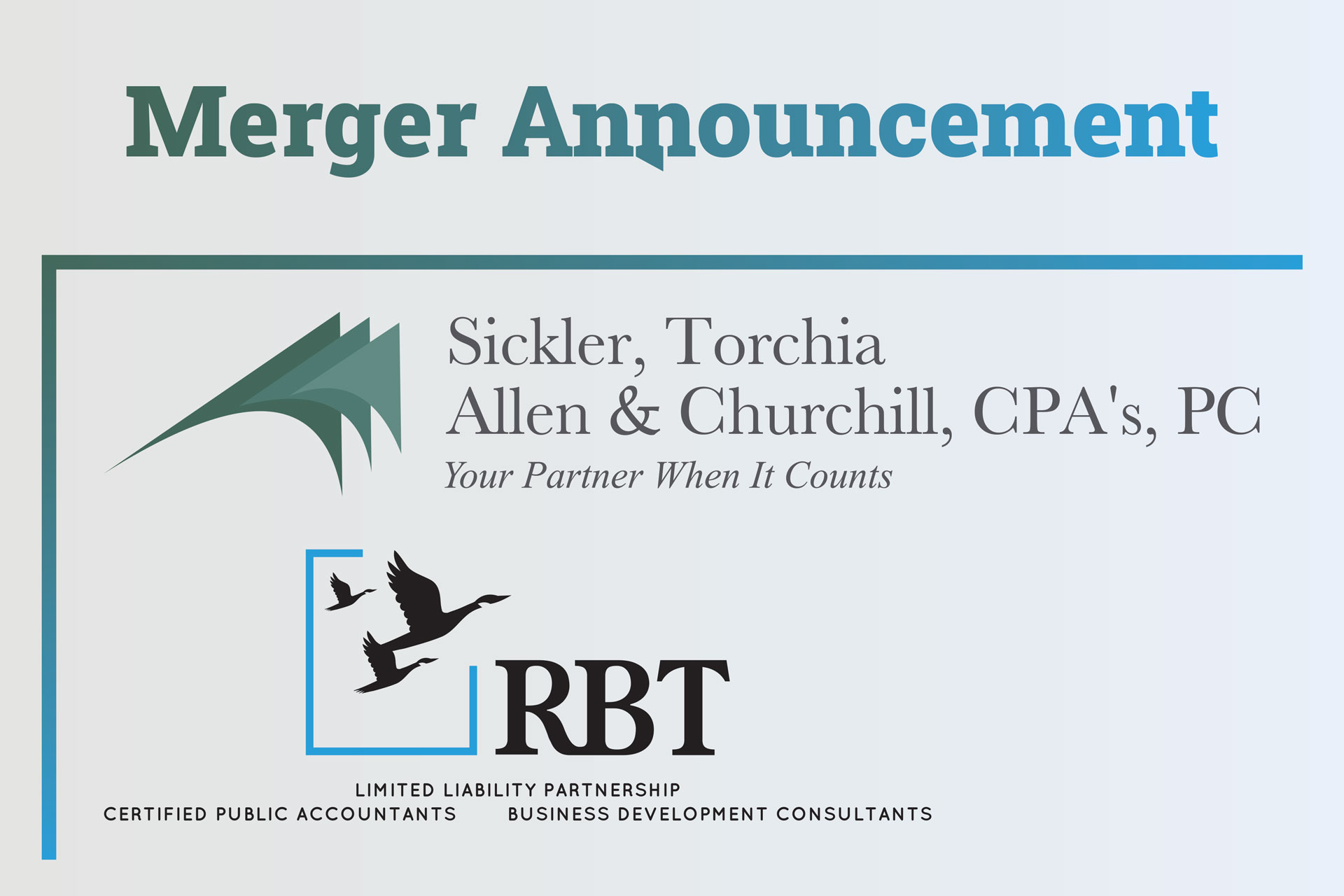If you were worried about your business being inundated with 1099-K Forms this upcoming tax filing season, take note!
On December 23, the IRS announced third-party settlement organizations (TPSOs) “will not be required to report tax year 2022 transactions on a Form 1099-K to the IRS or the payee for the lower $600 threshold amount enacted as part of the American Rescue Plan of 2021.”
Instead, the existing 1099-K reporting threshold of $20,000 in payments from over 200 transactions will remain in effect for 2022. This will give taxpayers and tax professionals additional time to understand the new reporting requirements and help ensure a smooth transition. The new threshold of $600 – regardless of the number of transactions – will apply to business transactions that occur January 1, 2023 or later.
So, if you accepted a business-related payment from a TPSO like eBay, PayPal, Venmo or Etsy in 2022, you will not receive a 1099-K from that TPSO for this upcoming tax season, unless aggregate payments were $20,000 or more from over 200 transactions. For 2023, you will receive a 1099-K from a TPSO totaling $600 or more; then, you will need to include it as part of your tax filings.
More information, with additional details – like what you should do if you already received a 1099-K based on the lower $600 threshold – should be forthcoming from the IRS soon. We will share that information as it becomes available. In the meantime, if you have any questions, please refer to the Q&As that follow or give RBT CPAs a call.
Q&As
What Is a 1099-K Form? The form, technically known as Form 1099-K Payment Card and Third-Party Network Transactions, is used to report payments your business receives from third-party settlement organizations (TPSOs) – like eBay, PayPal, Venmo, or Etsy – if those payments exceed certain thresholds. Any 1099-K you receive becomes part of your annual tax filings and considered taxable income.
What Changed? As part of the American Rescue Plan Act, the threshold for issuing 1099-Ks changed. Before 2022, a 1099-K was issued if over 200 transactions totaled more than $20,000. Starting in 2022, that threshold was reduced to $600, regardless of the total number of transactions. However, the IRS’ recent decision to delay the adoption of the $600 threshold until 2023 will give payees, accounting firms, and the IRS another year to prepare.
Who Is Impacted? In 2023, companies like PayPal, Venmo, Square, and Stripe will be sending you a 1099-K if you receive more than $600 in annual payments for goods or services rendered. As a result, if you sell small amounts of merchandise on selling platforms like eBay or Etsy, for example, you may find yourself responsible for increased taxes. Small or midsized business owners who receive most of their customer payments from credit cards, cash, or checks will most likely be unaffected.
What About Personal Transactions? The reporting requirements are limited to goods and services, so it won’t affect funds you receive for splitting that vacation rental or dinner with family or friends. Just be sure to keep accurate records when you are paying for personal items, so it isn’t incorrectly reported to the IRS.
What’s RBT’s Advice to You?
Start planning now: If you receive payments for goods or services through third-party networks, you may end up receiving a tax form for the first time for 2023. This is going to be an administrative burden and likely complicate your tax situation. It is best to be prepared and plan for any potential tax consequences by adopting strategies to minimize your tax bill early in the year.
Keep detailed records of income/expenses related to sales activity: If you sell goods or services and get paid through a third-party network, you may be eligible to deduct expenses related to that activity. Learn more by speaking with an RBT CPA professional.
It’s always good practice to consult your tax advisor to determine how best to use the information on your Form 1099-K when filing your income tax return. As always, our team of professionals at RBT CPA’s is happy to help you navigate this and other IRS updates. Give us a call.















